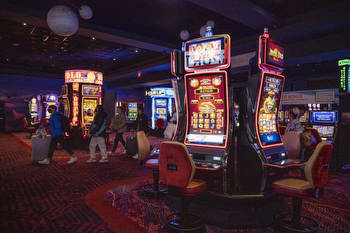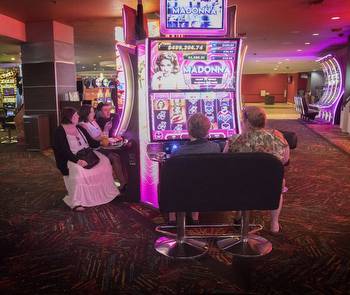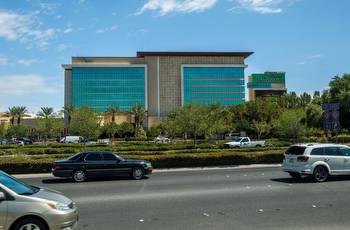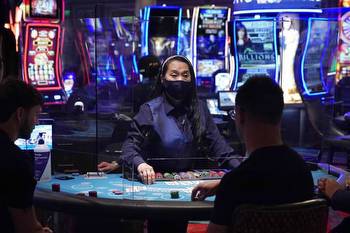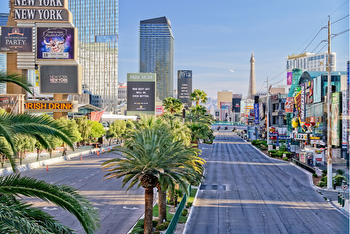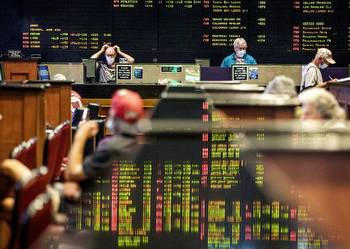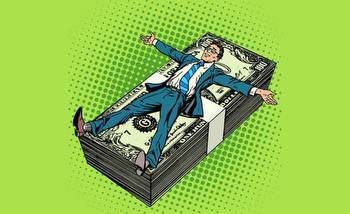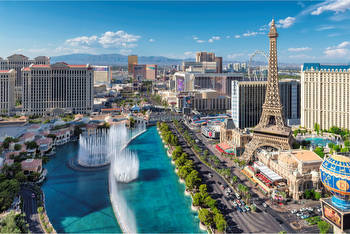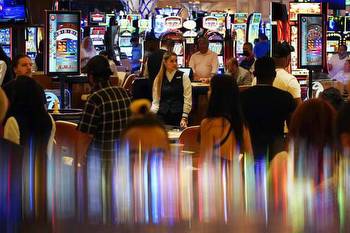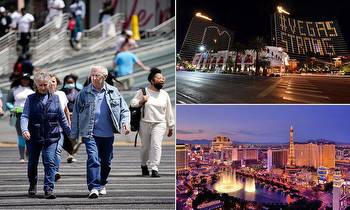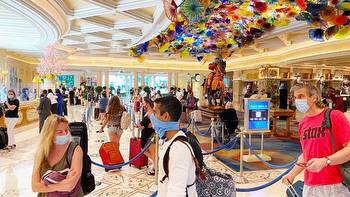Las Vegas Casino Revenue Drops Almost 40 Pct

As a sign that Las Vegas is grappling with bringing customers back, casino revenue on the Strip plunged nearly 40 percent to just over $330 million in July from the previous year. Overall casino revenue in Nevada dropped just under $757 million, marking a 26 percent decrease, Bloomberg reported, citing Las Vegas officials.
The results from Vegas highlight the challenges economies that rely on aviation encounter, according to Bloomberg. People remain hesitant to travel long distances from their homes for leisure. Casinos in Nevada started opening again on June 4 with capacity restrictions. A portion of properties have stayed shuttered.
Casinos in Las Vegas have also been impacted by not being able to have meetings of beyond 50 individuals or have live entertainment, Bloomberg reported. As a result, hotels have steeply dropped the prices of their rooms, especially in the middle of the week.
However, casinos that typically have customers travel to their facilities by car have encountered strong business. Mississippi and Ohio’s gaming revenue increased in July from 2019, according to Bloomberg.
In June, Nevada had rolled the dice and hoped that gamblers who had been left out of casinos for over two months due to the pandemic would come back. Just after midnight on June 4, resorts and gambling halls throughout the state opened again with the sounds and views of card games as well as slot machines.
Tourism fuels the Clark County economy. The area encompasses the renowned Las Vegas Strip, but Nevada has some other industries like mining and agriculture. Visitors spend more than $30 billion yearly in southern Nevada, according to a study conducted for the Vegas Convention and Visitors Authority and cited by The Wall Street Journal.
In New Jersey, the state’s big gamble on online gaming paid off, as revenues increased to a record $80 million in April. Sports gambling revenues were way down, as sporting facilities remained closed and most professional games were canceled due to COVID-19 restrictions.










